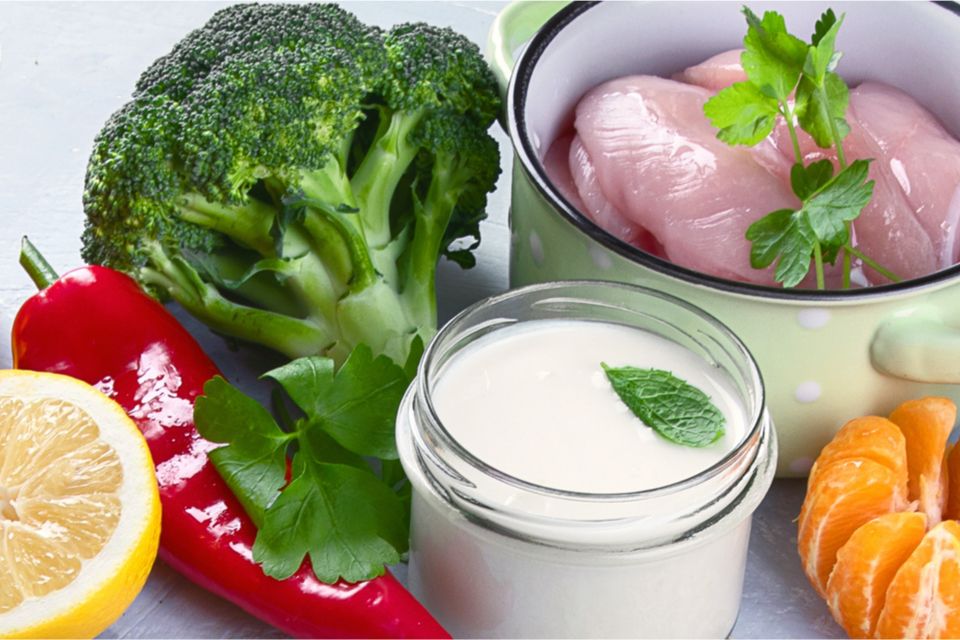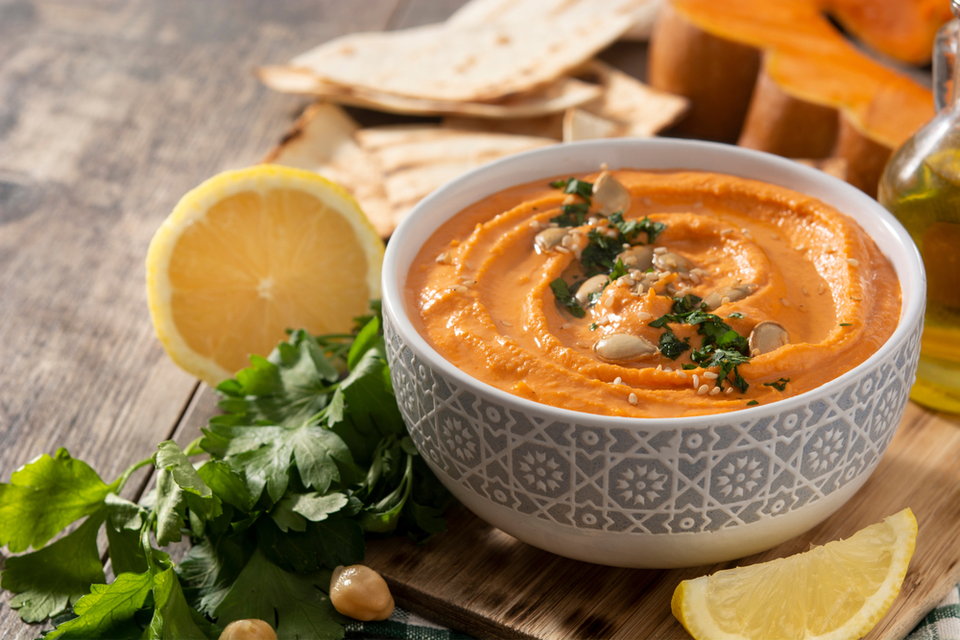A robust immune system is more critical today than ever before, protecting against seasonal illness, disease, and Covid-19. Good nutrition is an essential player in supporting a healthy, strong immune system. No single food or supplement can prevent infection, but a well-nourished body can keep your immune system performing at its peak.
By regularly including these essential vitamins, minerals, and nutrients in your overall eating plan, you will be putting your best foot forward to ensure your immune system is in tip-top shape.
Protein
Protein plays a significant role in our self-defense system, especially for healing and recovery. Eating various protein-rich foods, such as seafood, lean meat, poultry, eggs, beans and peas, soy products, and unsalted nuts and seeds, will help ensure your body is prepared to fend off illness.
Vitamin A
Vitamin A helps protect against infections and regulate the immune system. Vitamin A keeps skin and significant tissues in the body healthy. You can get loads of this vitamin from carrots, broccoli, spinach, sweet potatoes, red bell peppers, apricots, eggs.
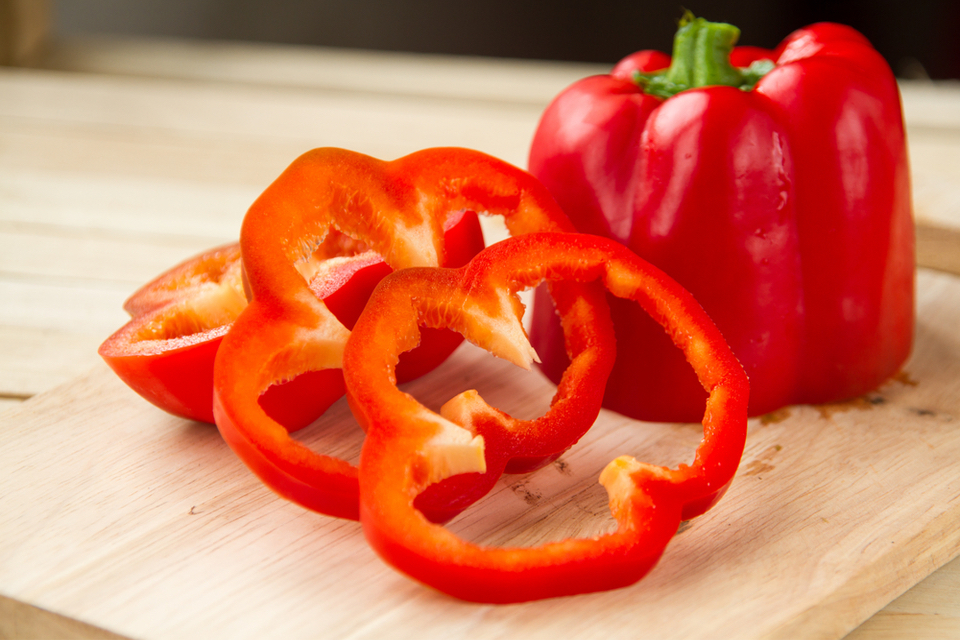
Vitamin C
Most people turn straight to vitamin C when they are sick and rightly so. However, there is no need to wait to be sick to beef up your Vitamin C intake, as it can help build up your immune system. Vitamin C is thought to increase white blood cells' production, which is key to fighting infections.
Almost all citrus fruits are high in this powerhouse. There are so many options to choose from; it's easy to add a squeeze of vitamin C from sources such as grapefruit, oranges, clementines, tangerines, lemons, limes, bell pepper, papaya, strawberries, tomato juice, and spinach. Your body doesn't produce or store it, which means you need a daily vitamin C dose for continued health.
Vitamin D
Vitamin D helps to regulate the immune system and boost our body's natural defenses against diseases. Yogurt, cottage cheese, and milk are all excellent sources of vitamin D. Look for yogurts that have "live and active cultures." These cultures help stimulate the immune system to help fight diseases. Avoid yogurts that are flavored and loaded with sugar. Opt for plain instead; you can sweeten plain yogurt yourself with healthy fruits and a drizzle of honey instead. Other vitamin D-rich foods to incorporate into your diet include salmon, sardines, mushrooms, and egg yolks.
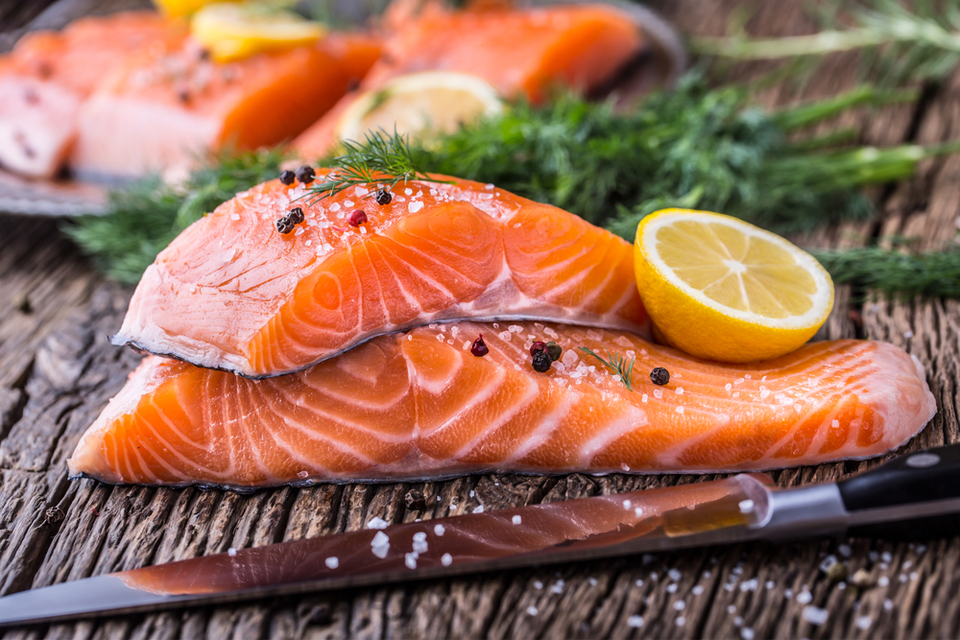
Vitamin E
Vitamin E works as an antioxidant and has been shown to help support immune function. Include vitamin E in your diet with sunflower seeds, almonds, hazelnuts, and peanut butter.
Zinc
Zinc aids in keeping the immune system functioning properly. It also plays a significant role in the healing of wounds. Look for zinc-rich foods like beans, seeds, nuts, lean meat, poultry, seafood, milk, and whole-grain products.
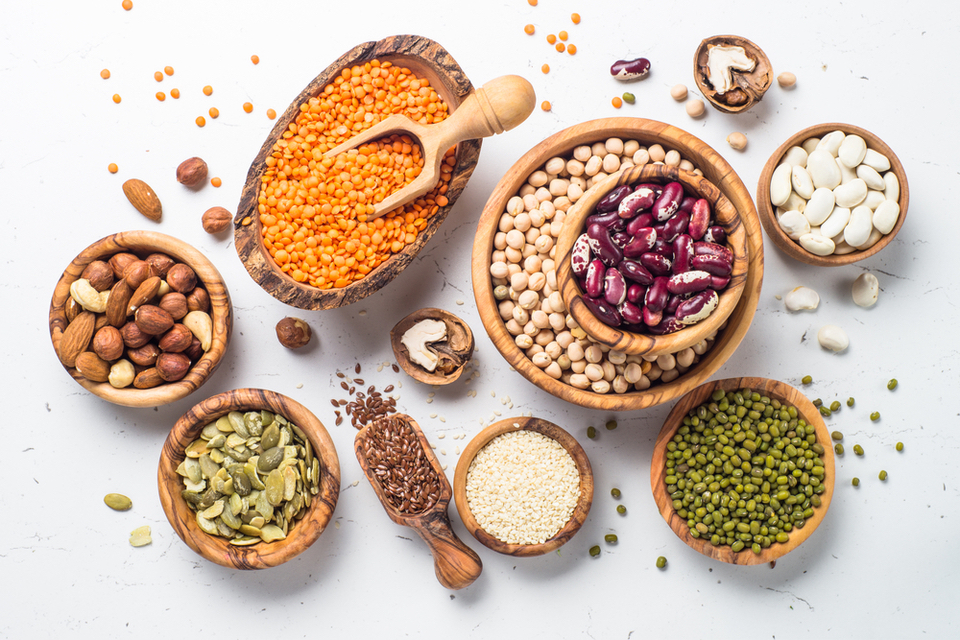
Other
Other essential nutrients that support immune response include vitamin B6, B12, selenium, iron, copper, and folate.
Variety is the key to proper nutrition. Eat the rainbow, mix it up, and choose fresh and organic when possible. It is essential to pay attention to recommended daily intake and serving sizes to ensure you don't overdo it on one or get too little of another.
– By Corey Phelps, NASM certified trainer and nutrition expert. Follow her on IG @cultivatebycorey

